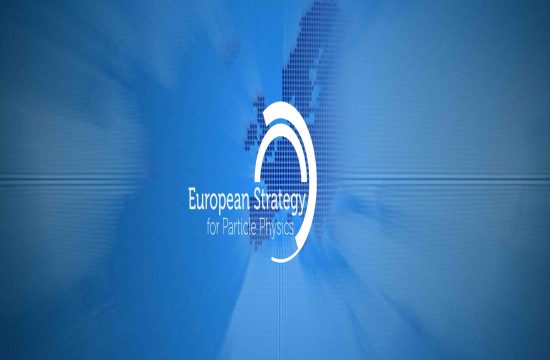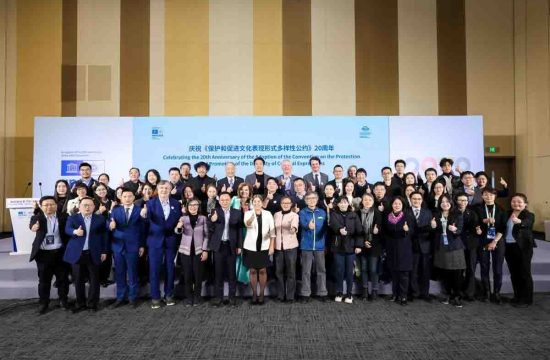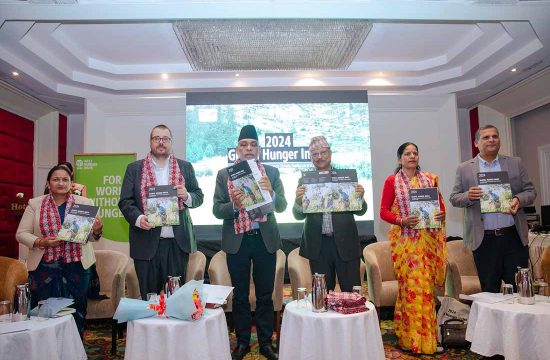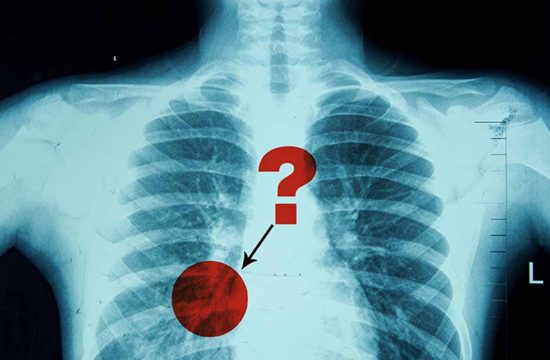Doha— Bangladesh’s Minister for Education says her government plans to enrol 650,000 children into school in the coming future. Dipu Moni made her comments on day two of the United Nations’ fifth Least Developed Countries Conference in Doha.
She was speaking at Monday’s panel discussion hosted by Education Above All’s and its partner Protect Education in Insecurity and Conflict (PEIC) entitled: “Transforming Education in LDCs – Ensuring a focus on inclusion and gender equality”.
She told the audience: “Bangladesh was no different when it came to the usual socio-economic barriers that girls face in many other countries and regions. While girls’ education was only for the few financially solvent, we promoted girls’ education as a means of financial support. Tuition fees for girls were made free up to the tertiary level. Our secondary school stipend programme was not a programme per se, but rather a policy strategy to mitigate the socio-economic challenges. Parents now realise the benefit of educating their girls, there has been a sea change in their mindset.”
The Minister also encouraged fellow policymakers to adapt to the needs of a country, rather than having a “one size fits all approach” – something Education Above All continually strives to do.
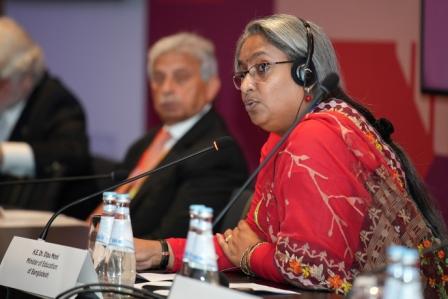
“We identified that building separate washrooms for girls in schools would help. It was a relatively small and easy intervention but played a significant role in improving girls’ enrolment and retention in schools. There are now more girls than boys in school in Bangladesh, with a current male-female ratio of 49 to 51. The dropout rate has drastically reduced from 39.8% to 17.2% in the last 10 years.”
The Minister added that despite the challenges of the COVID-19 pandemic, Bangladesh is back on track to achieve its sustainability development goal by 2030.
“We have started to implement our new curriculum, where the whole learning approach has changed. It is experiential learning now, learning by doing instead of rote learning. We’re also emphasising technical, vocational education and training and we’re focussing on teacher’s training and the use of appropriate technologies.”
In her opening remarks to the panel Assistant Director-General for Education, UNESCO Stefania Giannini praised the work of those taking part in the discussion on education: “Many of you are directly or indirectly involved and committed to the process and are taking the lead of providing the international community with the right approach and the right support to make this process go ahead with concrete results.”
Pakistan’s Minister for Education and Professional Training Rana Tanveer Hussain also spoke at the event, sharing information about challenges he is also facing in his country.



